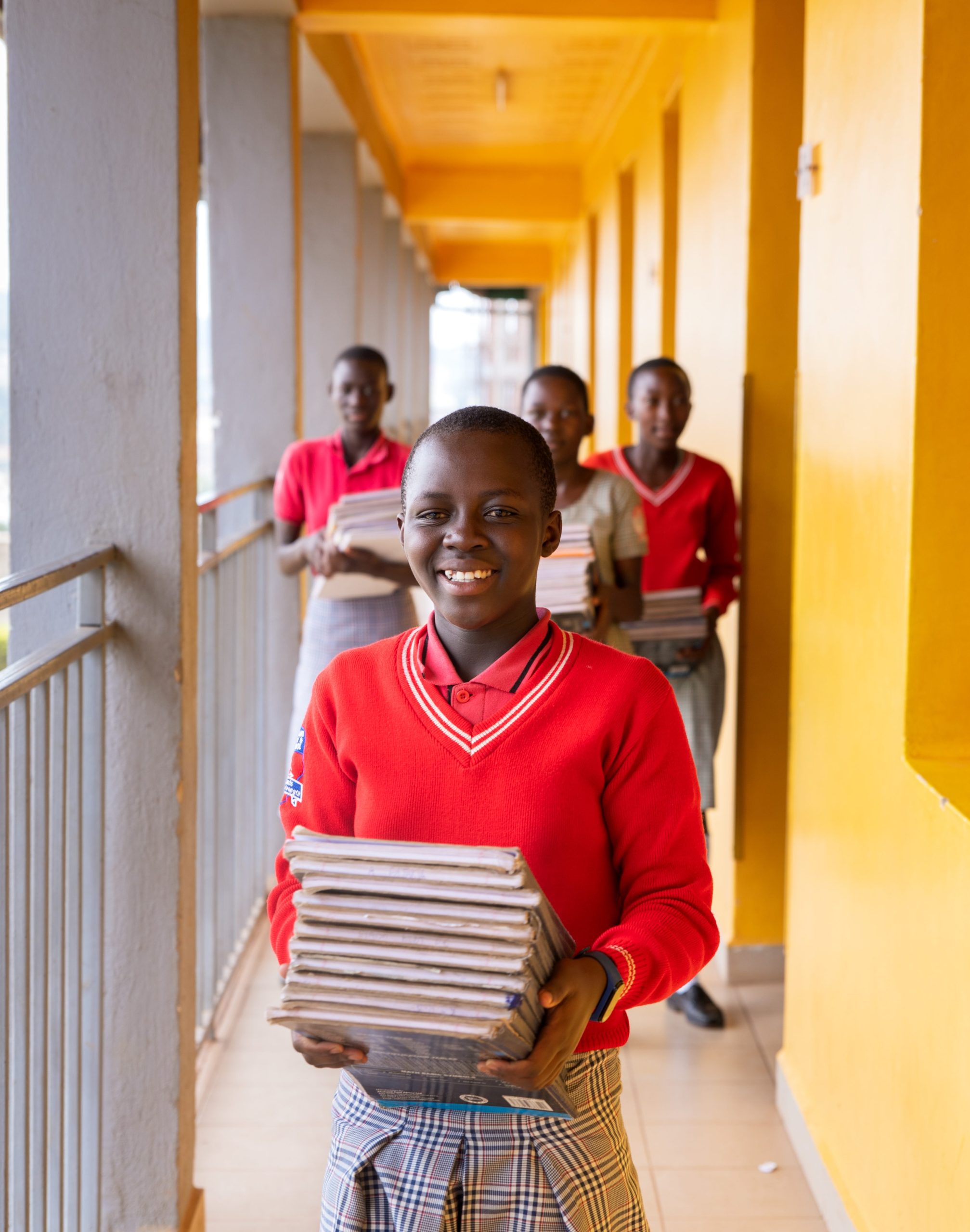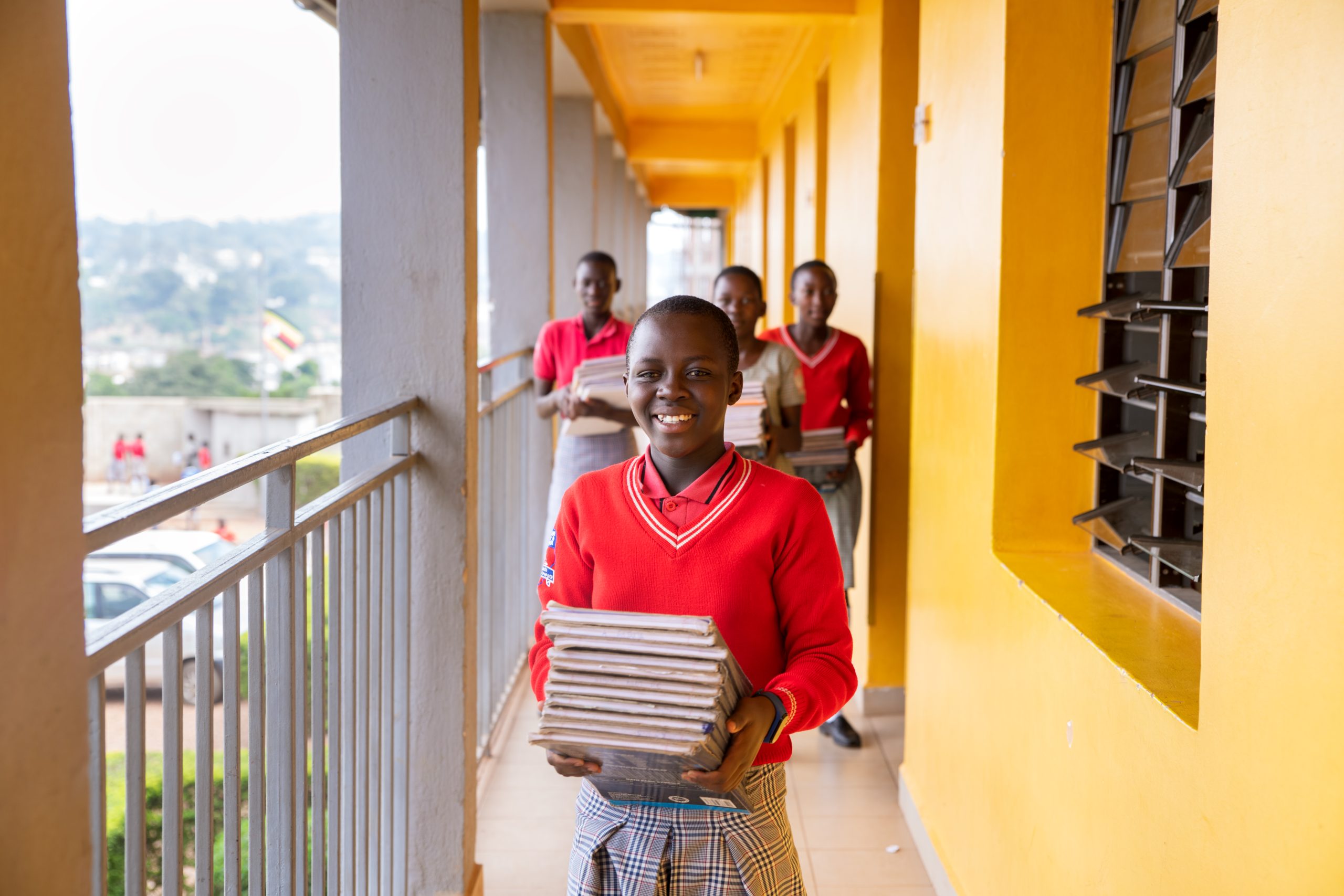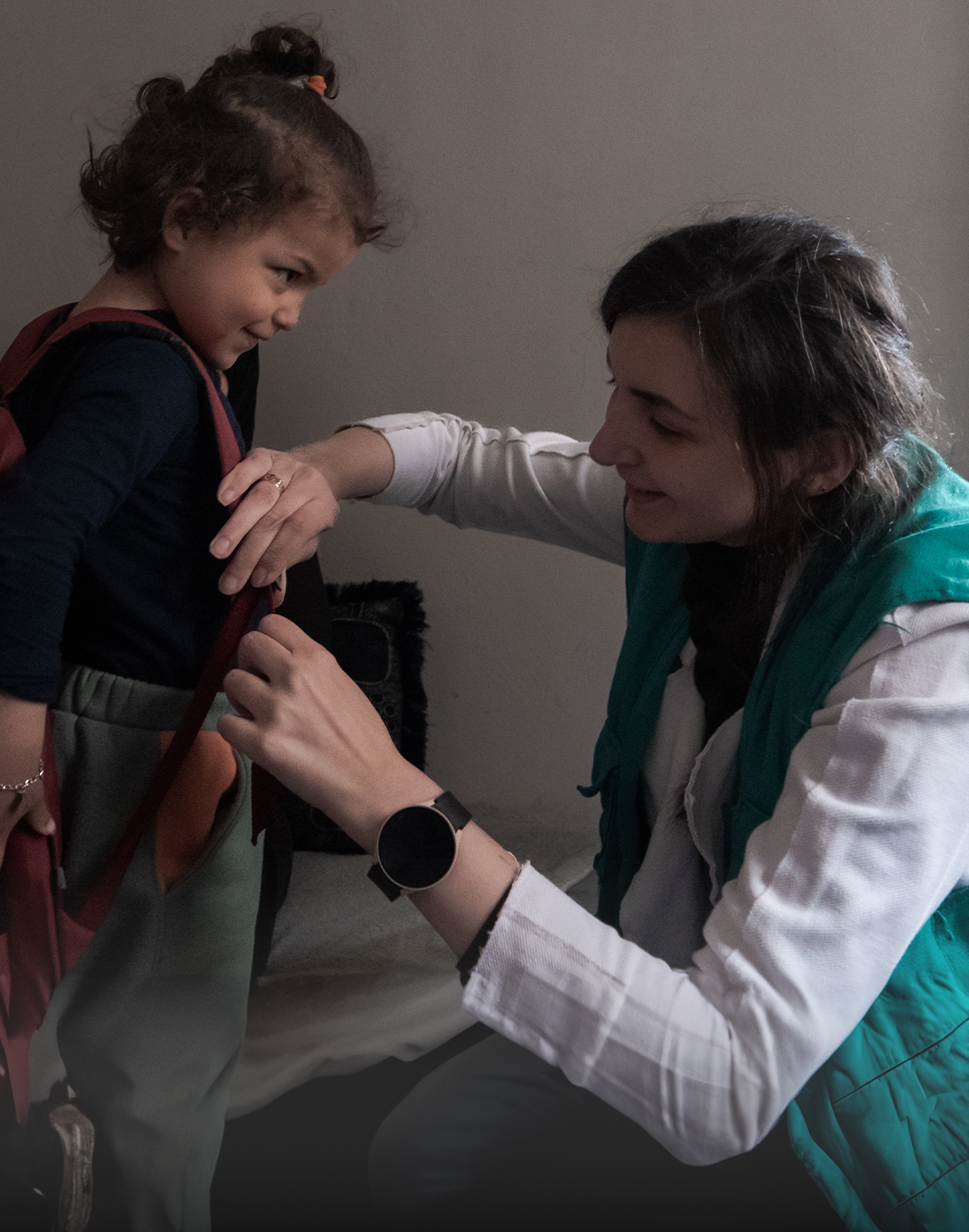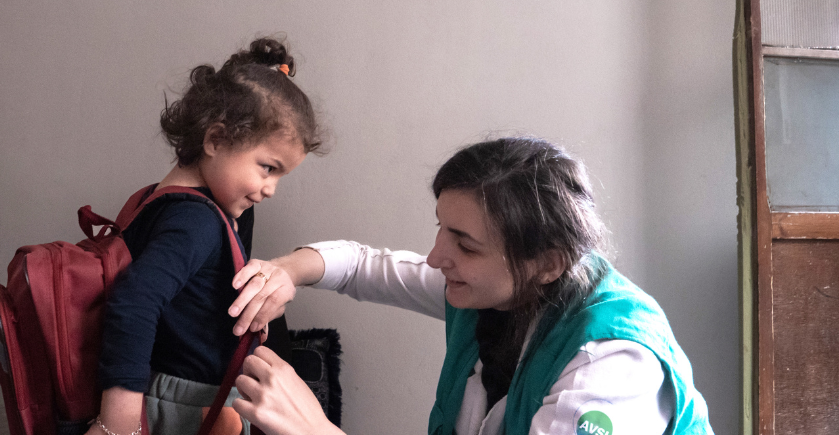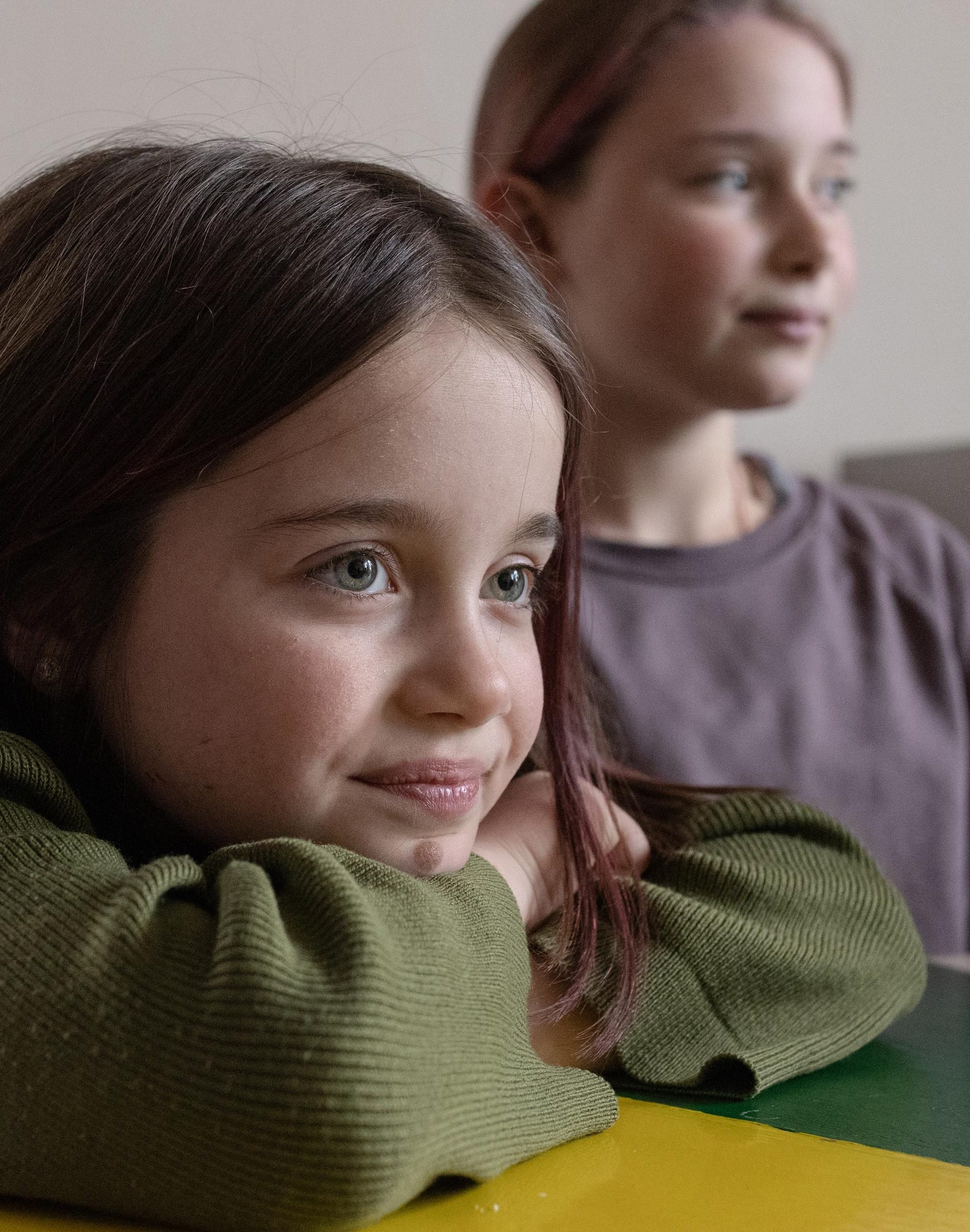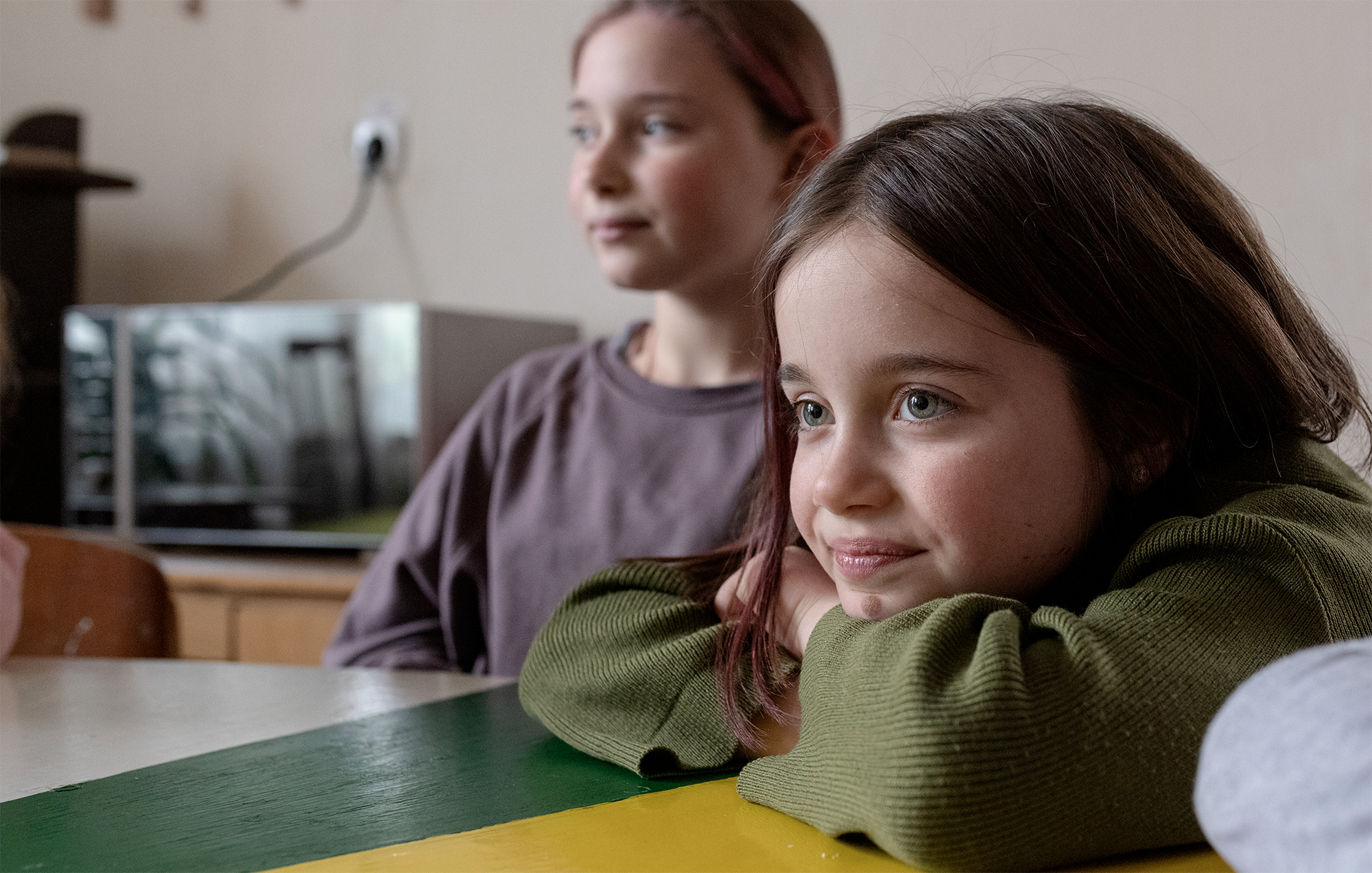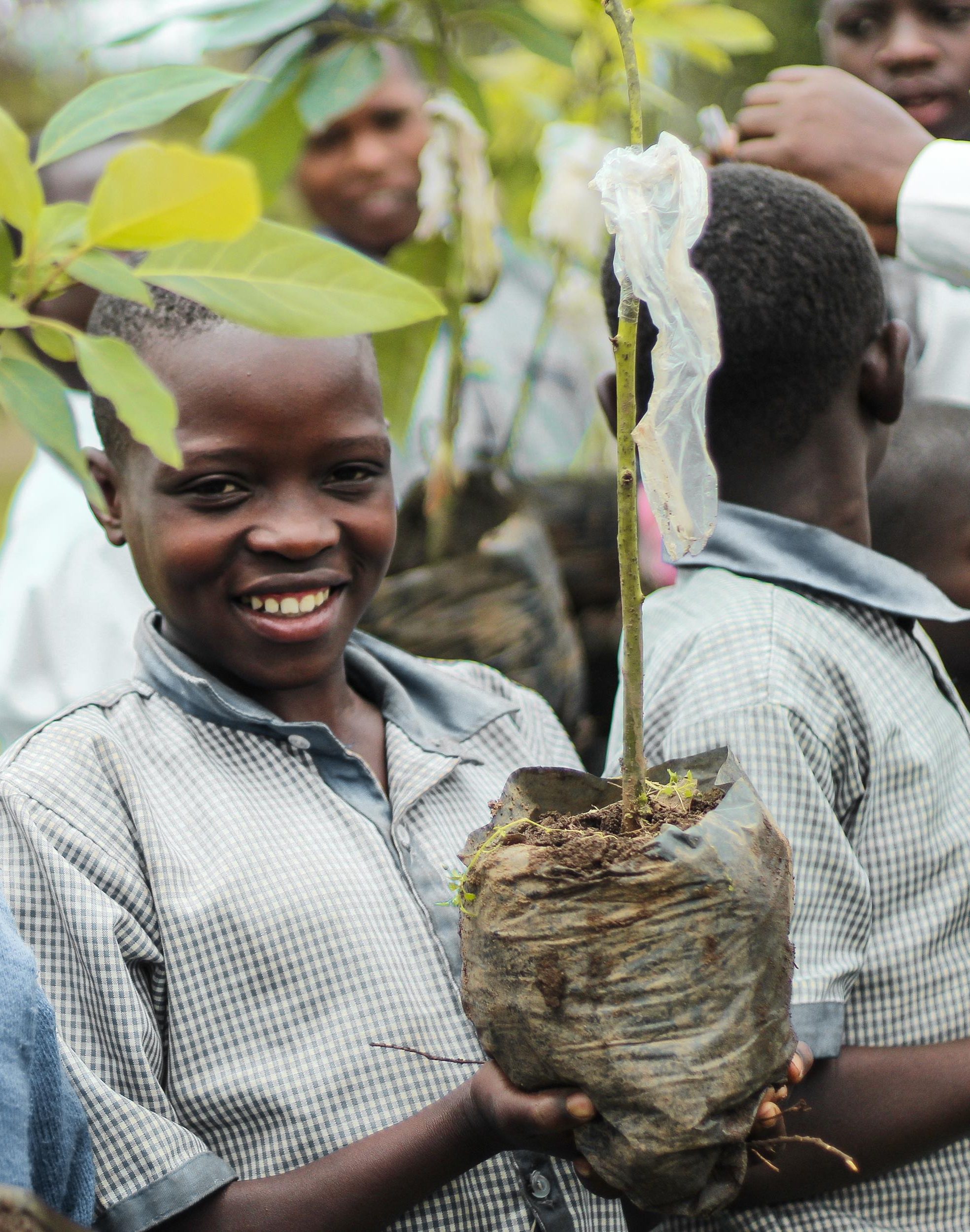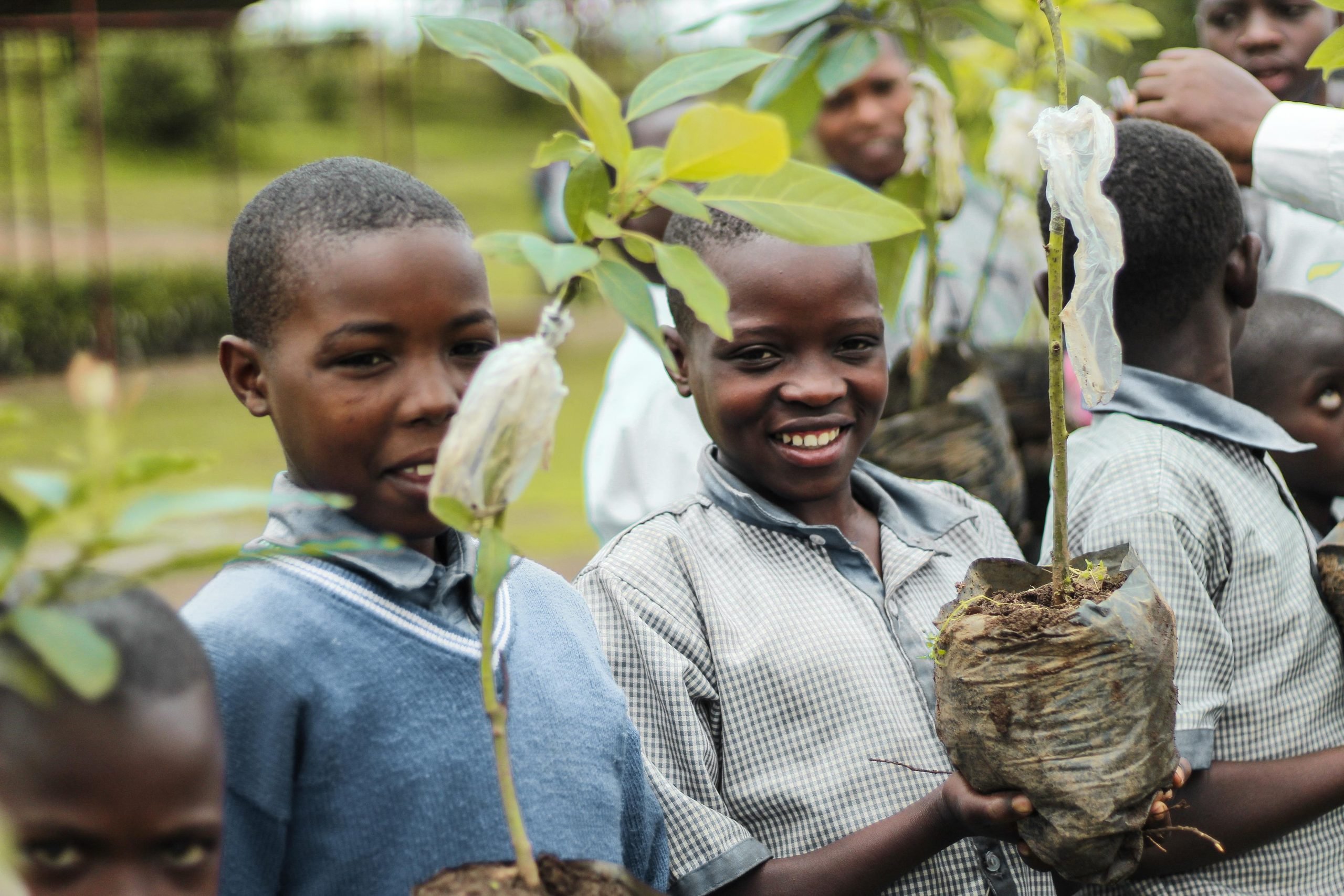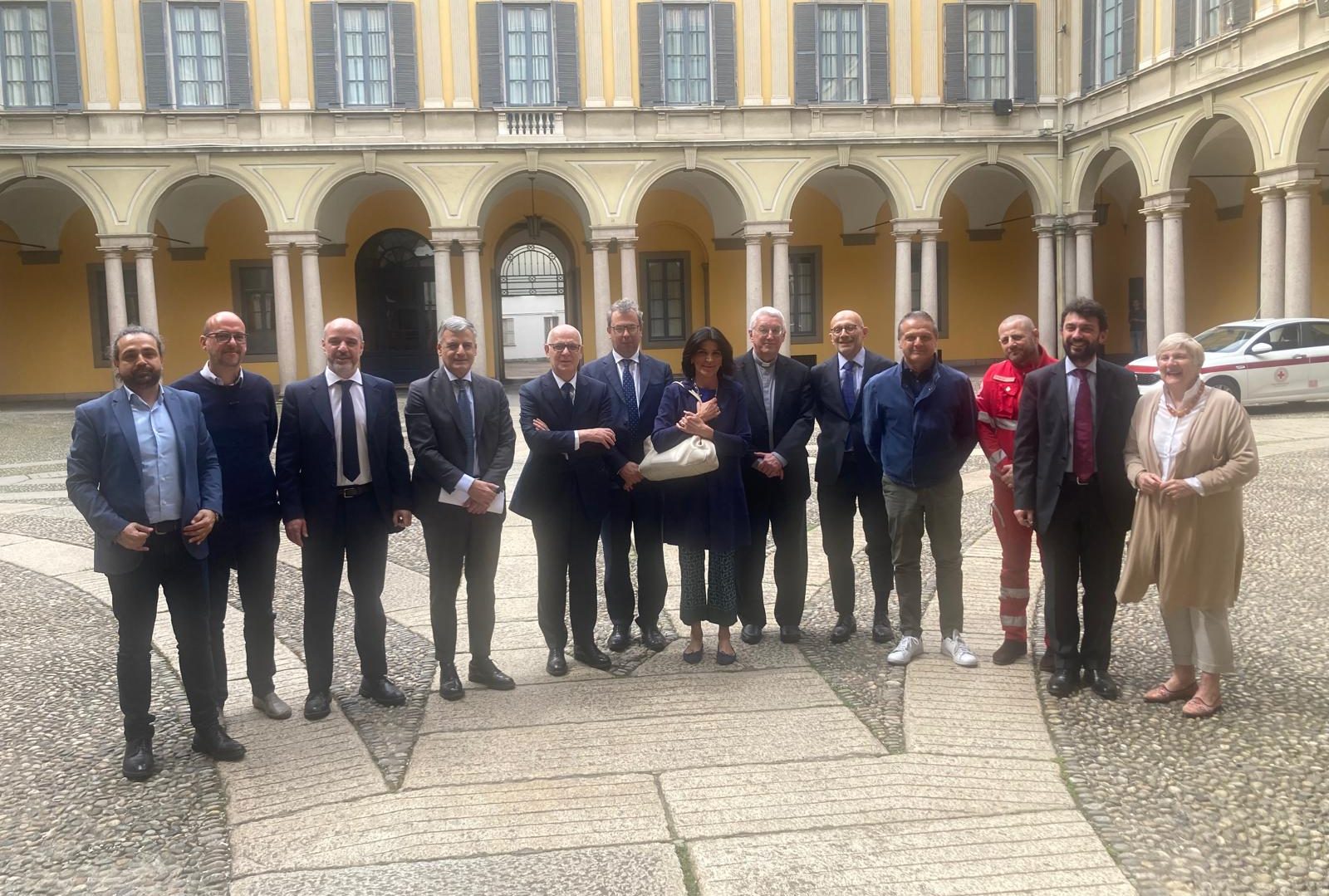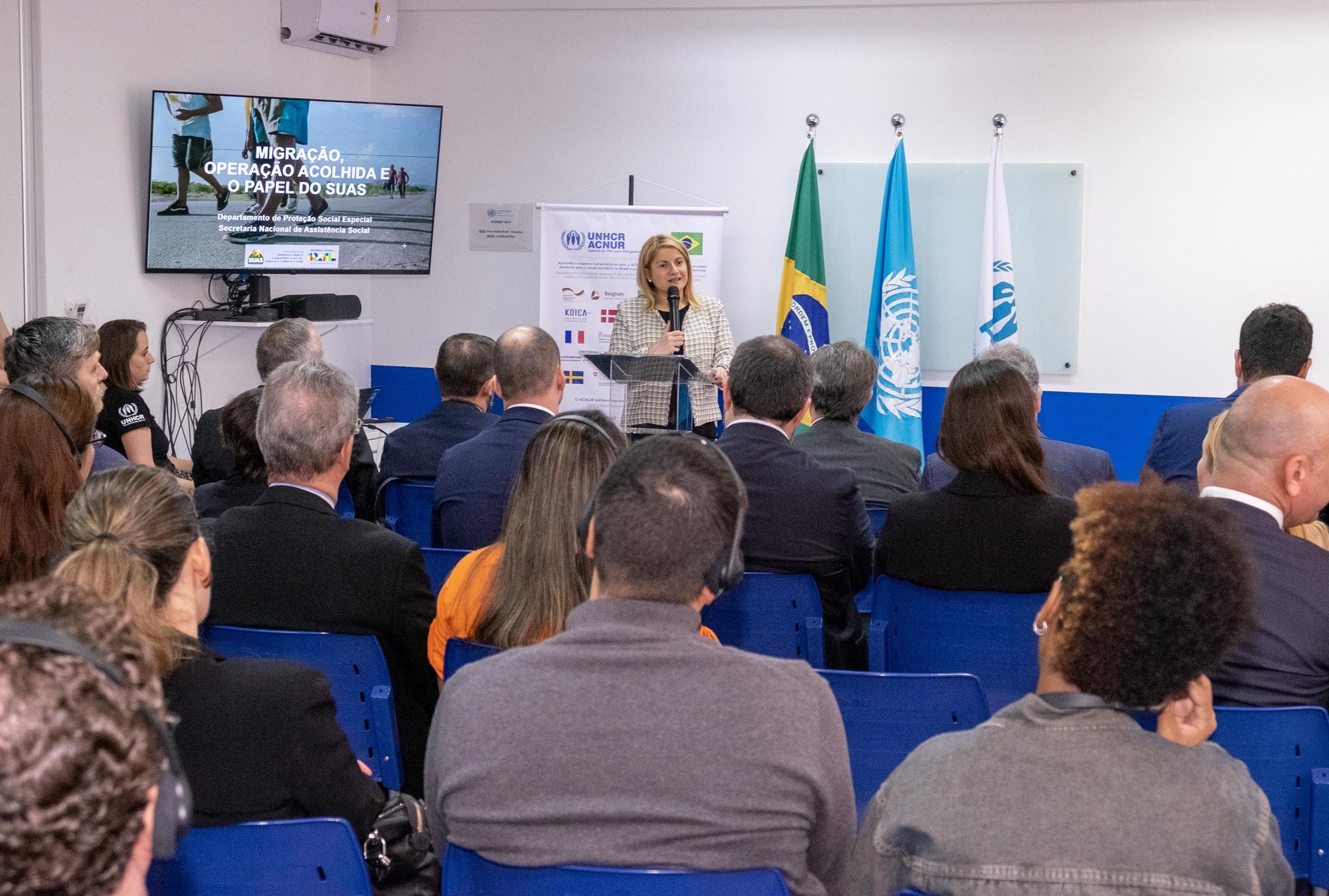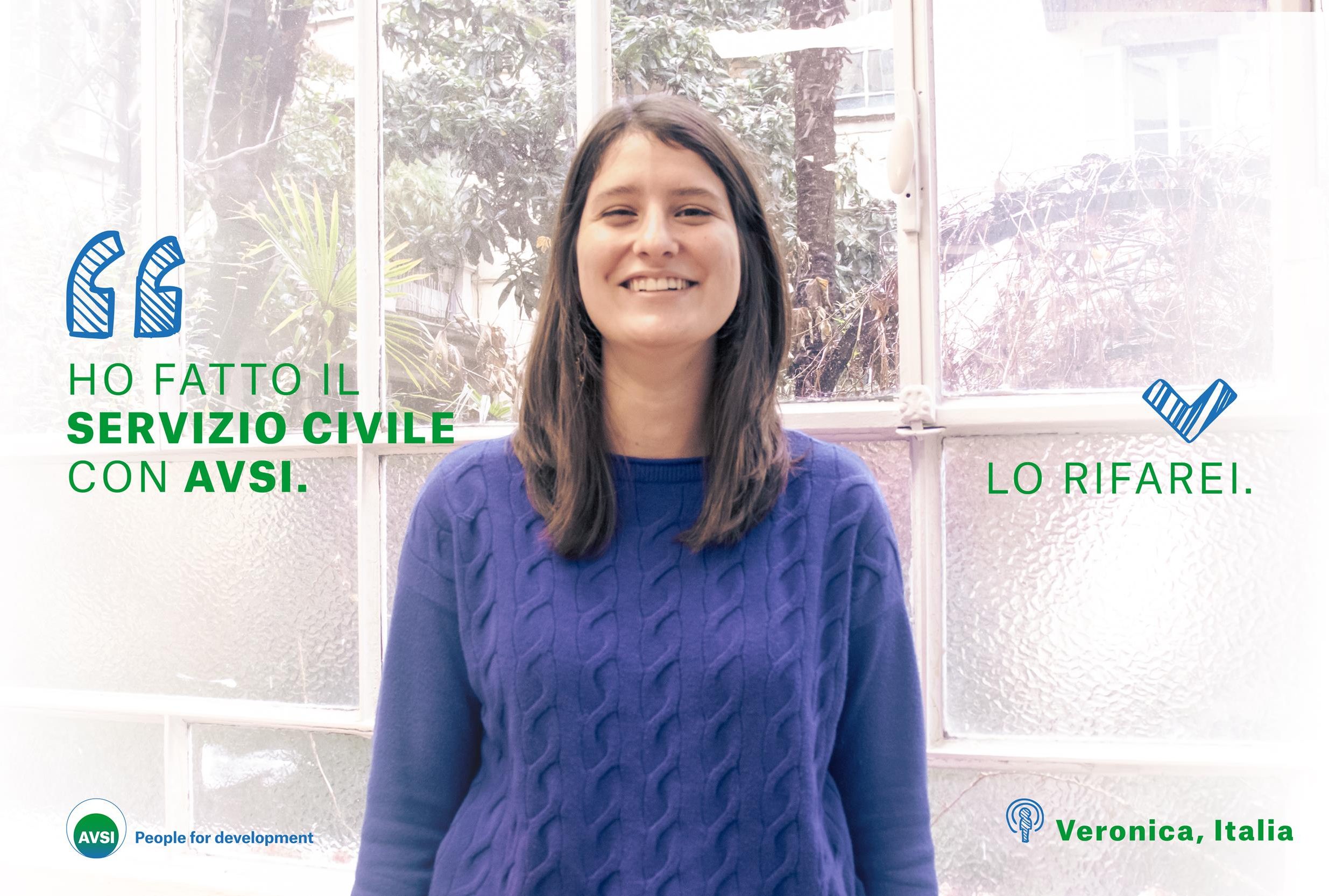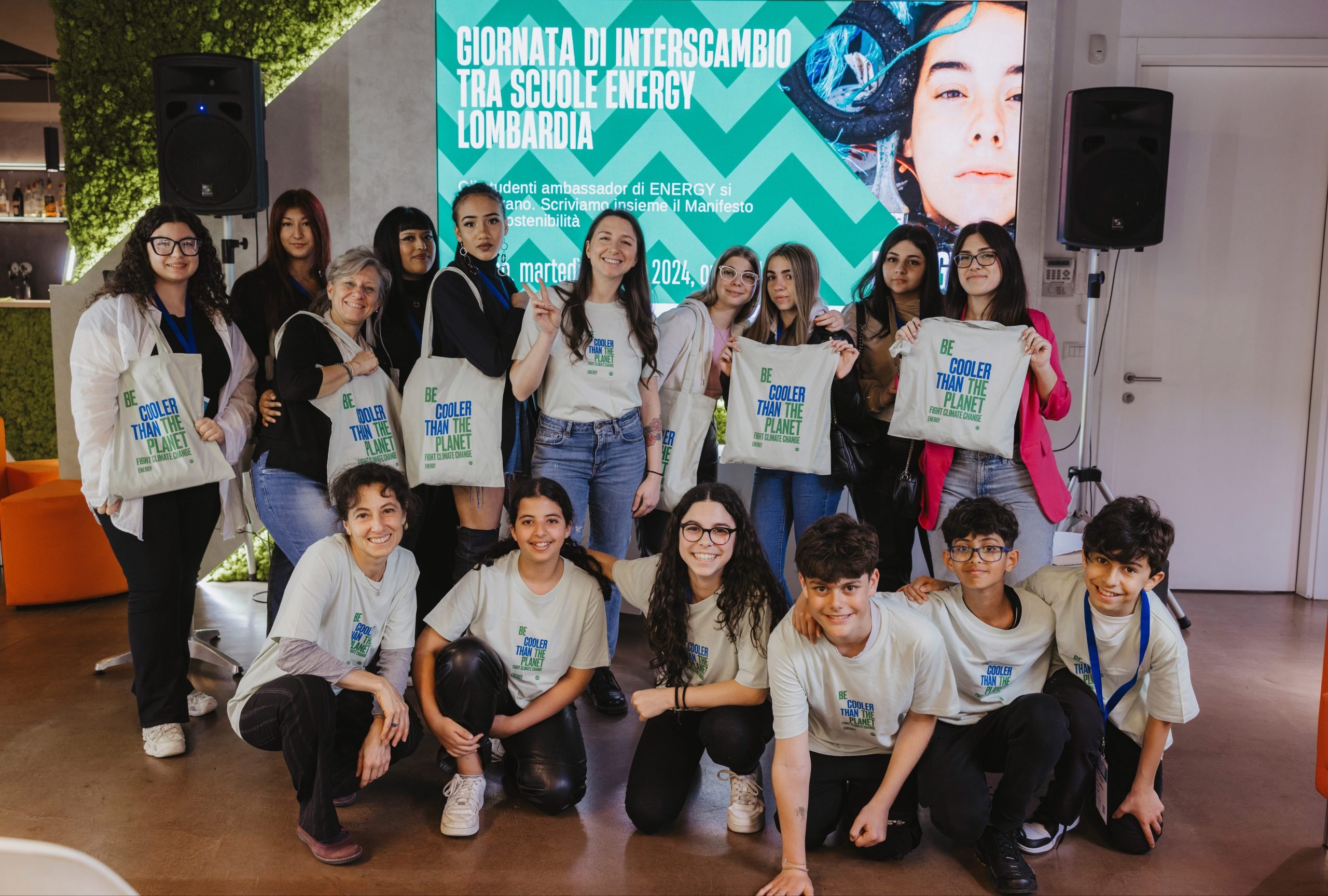Home
News
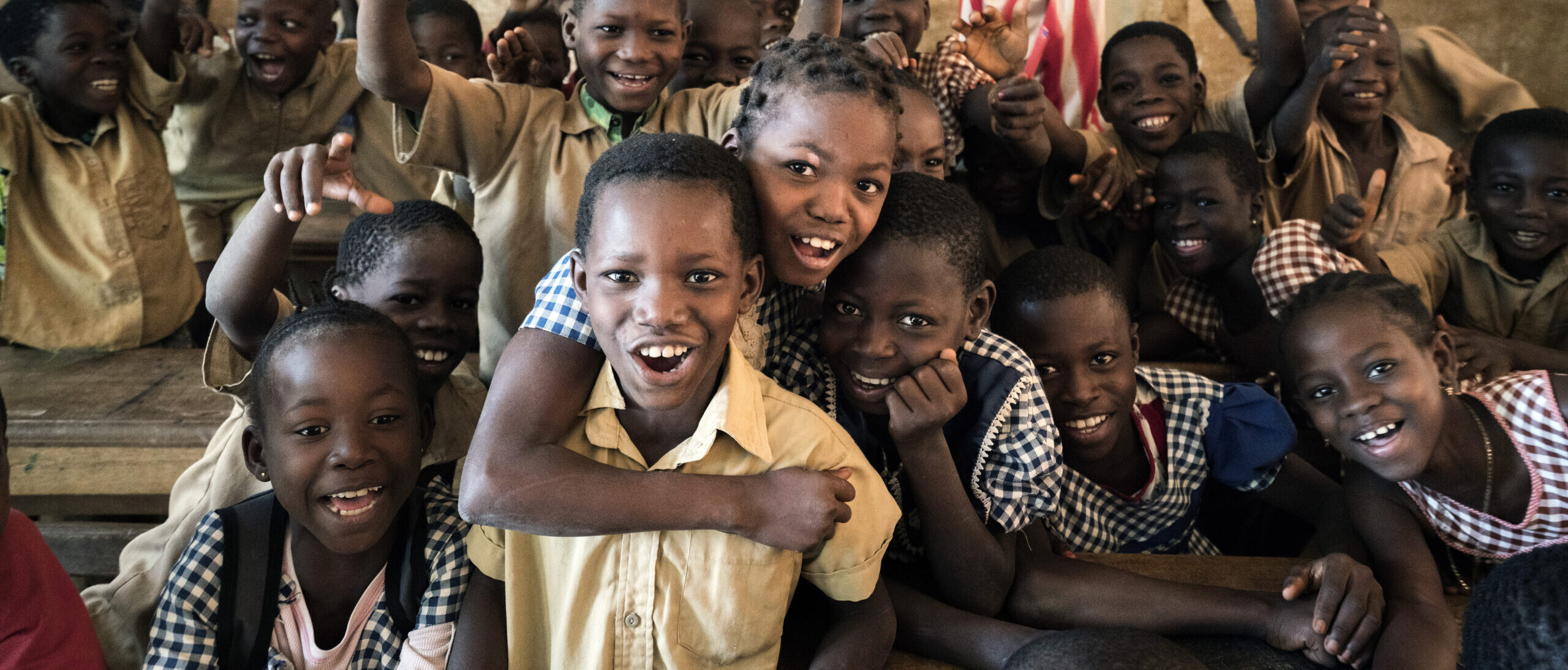
Dove Lavoriamo
- Mappa
- Lista
- Filtra per Settore
- Educazione
- Agricoltura e sicurezza alimentare
- Protezione dell'infanzia
- Energia
- Ambiente
- Rafforzamento economico, livelihood, formazione e lavoro
- Nutrizione
- Città sostenibili
- Diritti umani, democrazia e pace
- Salute
- Acqua e igiene
Progetti realizzati nel 2022
Totale 364
- 2020
- 2021
- 2022
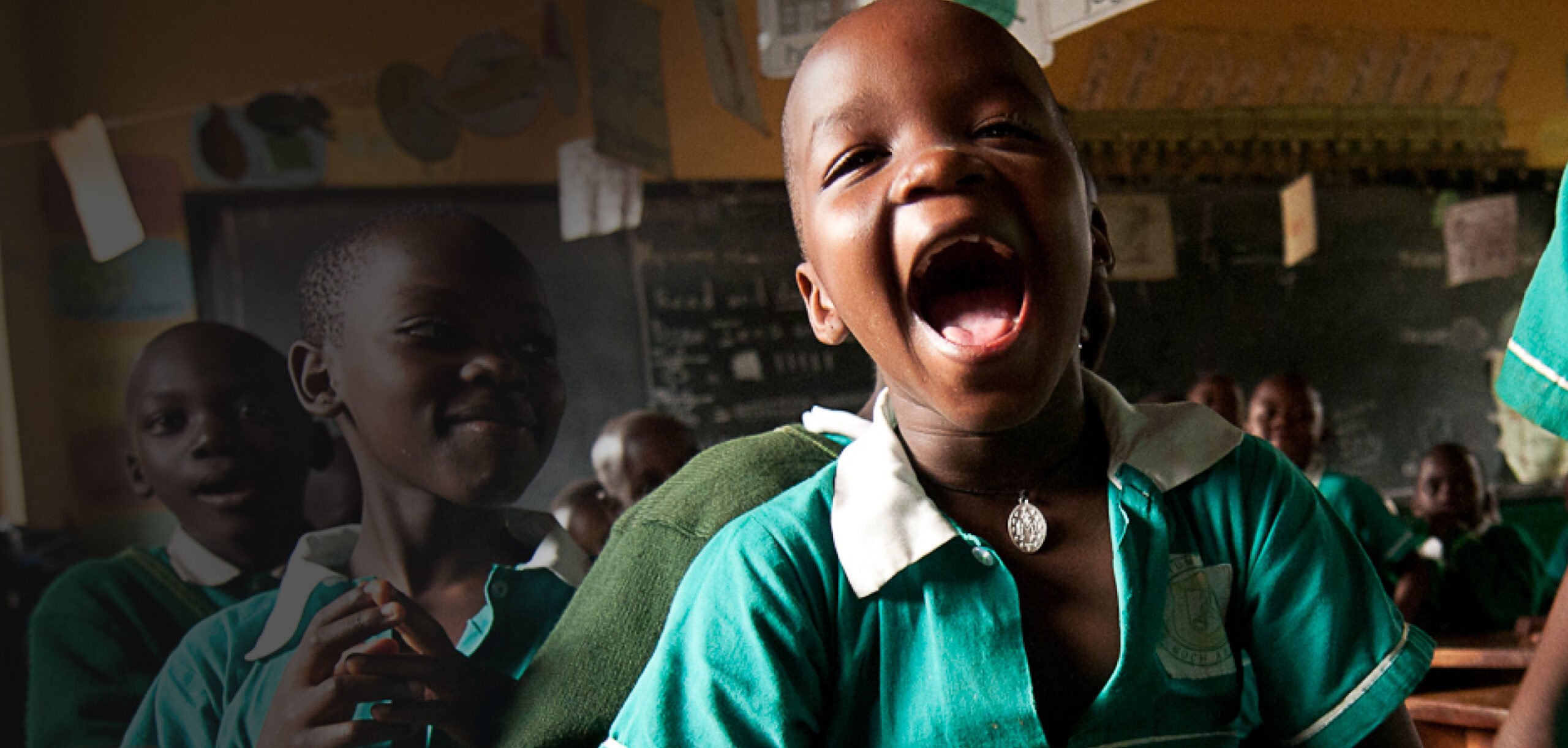
Con meno di un euro al giorno puoi garantire a un bambino la possibilità di andare a scuola, un’alimentazione sana, il diritto alla salute.

